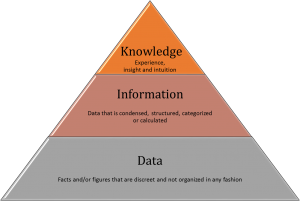Site Management and Site relationships
Site Management has multiple facets that contribute critically the the quality of your data, the speed of your enrollment and the engagement of the site in your study.
Site management is skill learned over time and goes beyond simply monitoring a study. Site management requires communication, transparency, knowledge, enthusiasm, and consistency. Sites need to have a primary contact or representative for every study to enable this. Most often the CRA fills the role as primary contact, (most efficient), but it may be supported by a CTA, or shared / filled by an in-house non-travelling or non-monitoring CRA, or perhaps the project manager.
Our CRA’s understand intimately the importance of this site management and the site relationship, and that these are both components of site engagement – a crucial factor to success. An engaged site and PI over the lifecycle of the study perform better; from the speed of startup, to the search for subjects, to screening and enrollment, to the entry of data, to the final data collections and signatures on the case report forms.
 SDS CRAs know how to identify the key staff members involved in each of the trial activities, how the site relationships and interactions work, and their experience gives them a credibility with the site staff that a CRA with limited work experience simply does not possess. They understand how to compare trends and patterns across sites and patients when performing source data review, and other site management activities, and what factors may impact the risk level of the study.
SDS CRAs know how to identify the key staff members involved in each of the trial activities, how the site relationships and interactions work, and their experience gives them a credibility with the site staff that a CRA with limited work experience simply does not possess. They understand how to compare trends and patterns across sites and patients when performing source data review, and other site management activities, and what factors may impact the risk level of the study.
Doing this well requires a depth of knowledge that only comes through experience and a broad exposure to different therapeutic areas, sponsors, and ways of working.
Recent Comments